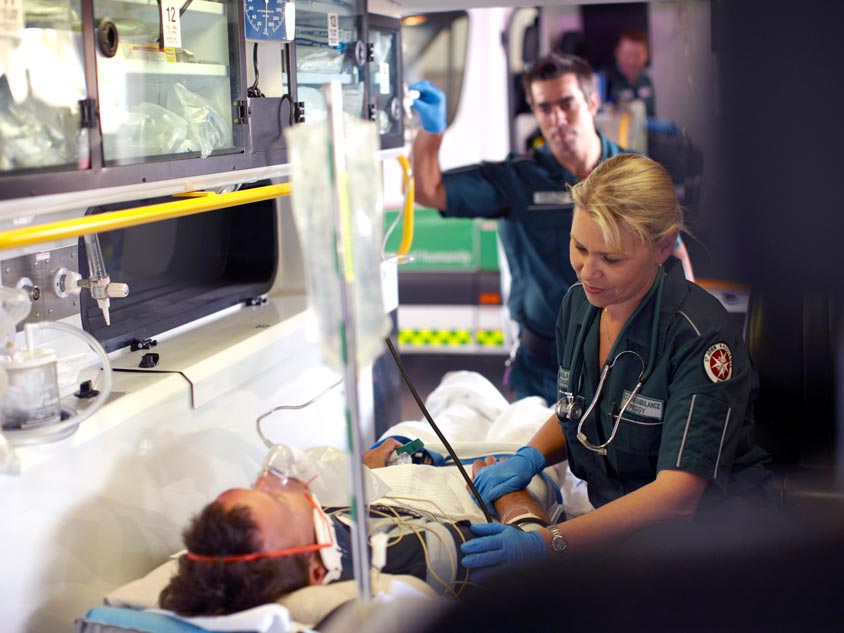Dealing with trauma as a paramedic

The mental toll of paramedic work
Paramedics face unique mental health challenges, like no other job.
While the line of work can be extremely rewarding, the psychological strain is high.
Paramedics are among one of the professions with the highest suicide rates, second only to veterinarians.
Trauma, isolation, long hours, and stress contribute to high mortality rates.
Paramedics are often the first on the scene of major accidents, often involving gruesome deaths.
People’s lives depend on their quick reaction and care.
Add to this the physical stress of the job, and it’s not hard to see why paramedics need to be proactive about their own health, mental and physical.
What we know so far…
- Paramedics face higher levels of depression, anxiety, post-traumatic stress disorder (PTSD), and fatigue.
- Workers experience higher levels of organisational stress in comparison to other occupations, due to shift work, long hours, repeated exposure to death, difficult interactions, and high levels of responsibility.
- In Victoria alone, the average annual suicide rate for paramedics is 35.6 per 100,000 workers – more than three and a half times higher than police, firefighters, and other emergency workers.
Coping with the stress of a life and death workplace takes a proactive approach.
Here are five tips to implement into your daily life:
1. Talk it out
Have a group of people, both in and out of work, who you can speak to. It’s helpful to have friends who ‘get it’, as well as people to talk about everything but work.
2. Live a balanced life
While it can be tough for shift workers, do whatever you can to create balance in your life.
This includes work, time with friends and family, sport, relaxation, and holidays. Make time for all the things that bring you happiness.
3. Sweat it out
Exercise is a great way to clear your mind, get those happy hormones flowing, and to generally live a healthier life.
4. Keep a journal
Writing is a great therapy. Get those thoughts out on paper and let your mind process it.
Have a journal and pen on you at all times. Make it a daily habit.
5. Ask for help
Don’t be afraid to seek professional help, if you’re feeling a little too out of control.
You should be proud if you can recognise this and seek assistance. Never look at it as a flaw.
All emergency service workers struggle after exposure to violence and death, often on a daily basis.
But for paramedics who are first on the scene, extra attention to mental health strategies is critical.
You’ve got to look after yourself before you can help others.